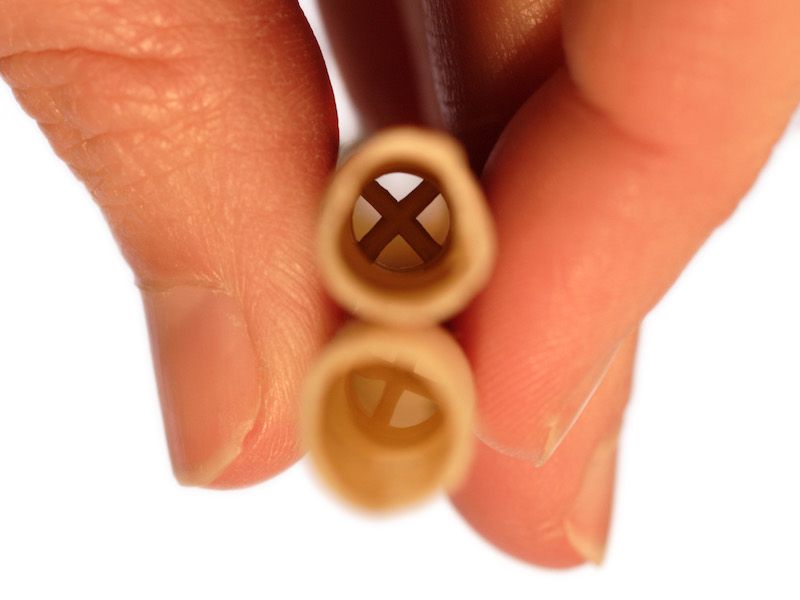
There’s a persistent idea in some circles that a practice known as “ear candling” is a good way to reduce your earwax. Is ear candling effective and what is it?
Do Earwax Candles Work?
Spoiler alert: No. No, they don’t.
Why then do normally logical people persistently believe in this pseudo-science. It’s hard to say with much precision. But the more you discover about earwax candling, especially the risks involved, the more likely you can draw an informed decision (even if the rational choice is pretty obvious).
Earwax Candling, What is it?
So the basic setup goes like this: Perhaps you aren’t certain how to get rid of all your accumulated earwax. You’ve read that it’s risky to use cotton swabs to clean your earwax out. So, after doing some research, you discover a method known as earwax candling.
Earwax candling supposedly works as follows: You create a pressure differential by putting the candle into your ear, wick side out. This pressure differential then pulls the wax out. Any wax that may be clogged up in your ear can, theoretically, be pulled out by this amount of pressure. But cleaning your ears like this can be dangerous.
Why Isn’t Ear Candling Effective
This practice has several issues, like the fact that the physics simply don’t work. There’s just no way for a candle to create that kind of pressure differential (and in order to move earwax around, that pressure differential would have to be quite substantial indeed). Also, a candle doesn’t possess the type of seal required to sustain pressure.
Now, there are supposed to be special candles used in this “treatment”. When you’re done with your fifteen minutes of ear candling, you can break apart the candle and, in the hollow, see all bacteria, debris, and wax that had previously been in your ear. The only problem is that the same debris shows up in both burned and unburned candles. So this “validation” is actually nonsense.
Scientific research has been unable to prove any benefit associated with earwax candling.
So Earwax Candling Doesn’t Work, But How Safe is it?
What’s the danger in giving it a shot, right? Well, any time you get hot candle wax near your ears, you’re looking for trouble. You may be ok if you decide to try earwax candling. People do it all of the time. But there are definitely hazards involved and it’s definitely not safe.
The negative effects of ear candling can include:
- Your ear can be severely burned. Serious hearing problems and burns can be the outcome of getting hot wax inside of your ear. In the most severe cases, this might permanently jeopardize your hearing.
- Candle wax can also clog up your ear canal after it cools. You could wind up temporarily losing your hearing or even needing surgery in serious cases.
- Whenever you’re messing around with an open flame, there’s a possibility that you might trigger significant injury and put your life in danger. Seriously, you may burn your house down. It’s not worth the risk to attempt this ineffective technique of wax removal.
You Don’t Need a Candle to Clean Your Ears
The majority of people will never truly have to be concerned about cleaning earwax out of their ears. That’s because your ears are really pretty good at cleaning themselves! However, there are certain people who will have uncommonly heavy earwax production or accumulation to contend with.
If you do need to clean out your ears because of excessive wax, there are scientifically-proven (and reliable) means to do that safely. For example, you could use a fluid wash. Another option would be to see a hearing care professional for an earwax cleaning.
Cotton swabs are definitely not the way to go. And open flames are not good either. Earwax candling doesn’t work, and it can create risks that will put your comfort and your hearing in significant jeopardy. So perhaps it’s time to put those special candles away.

